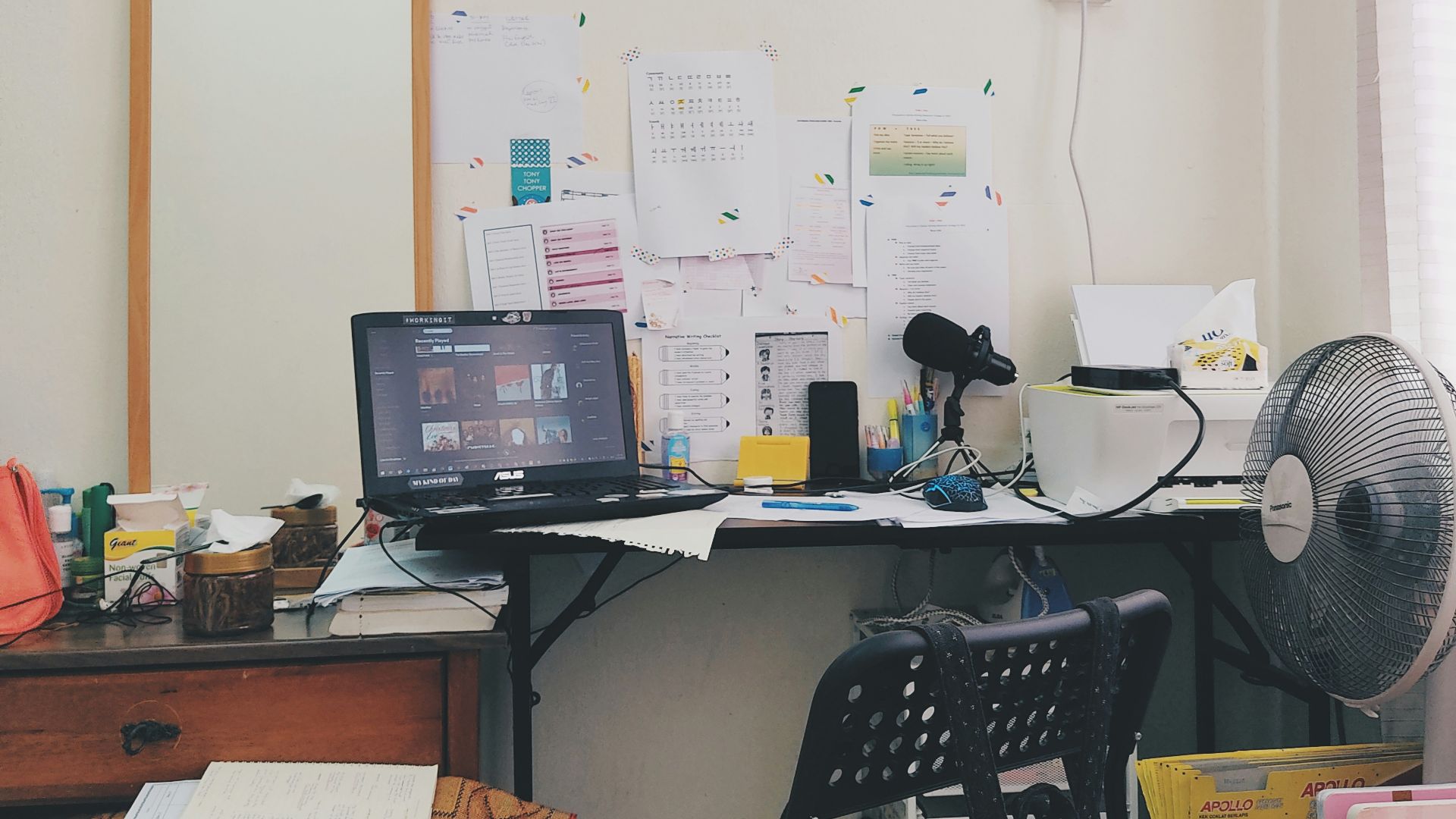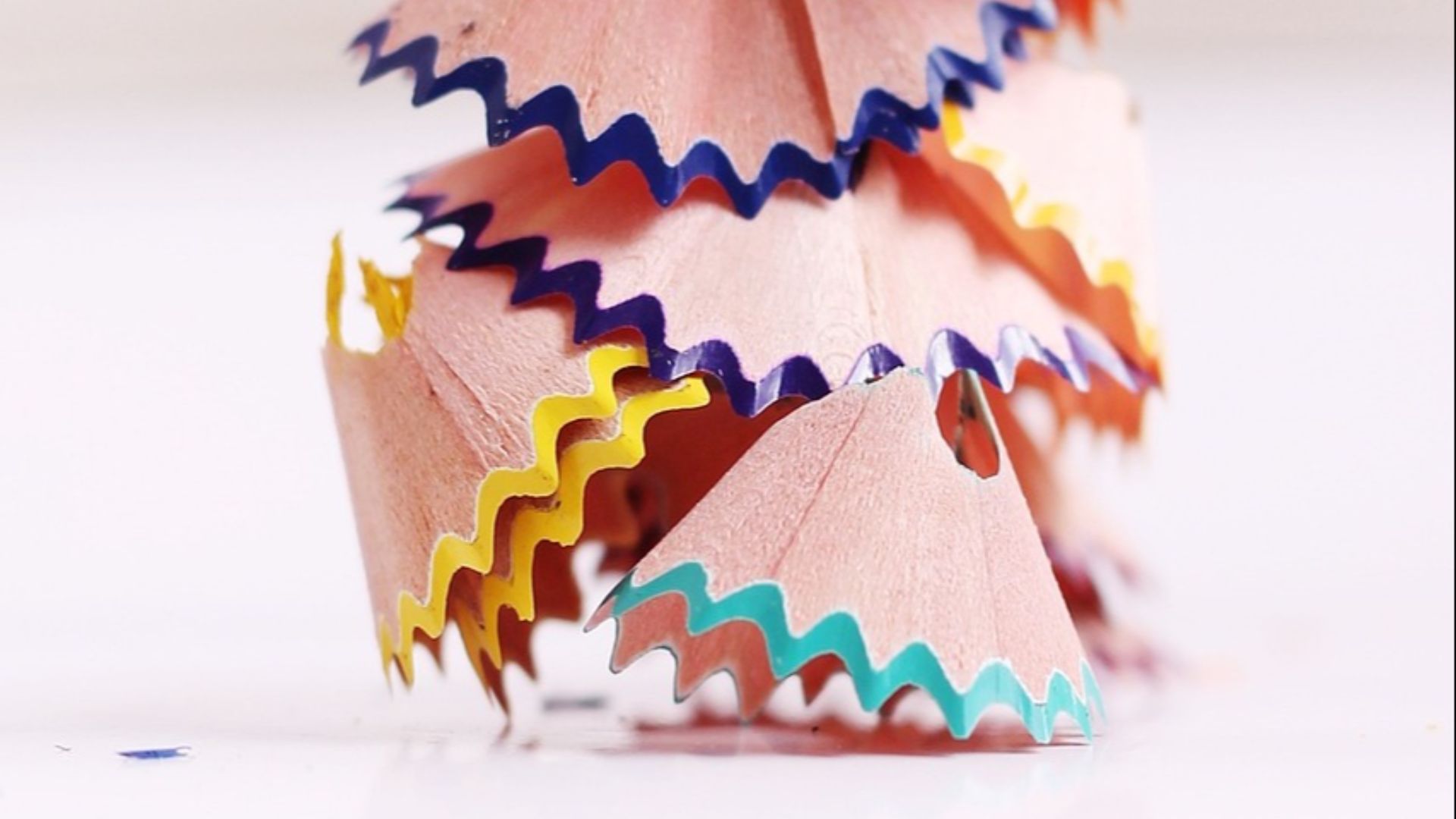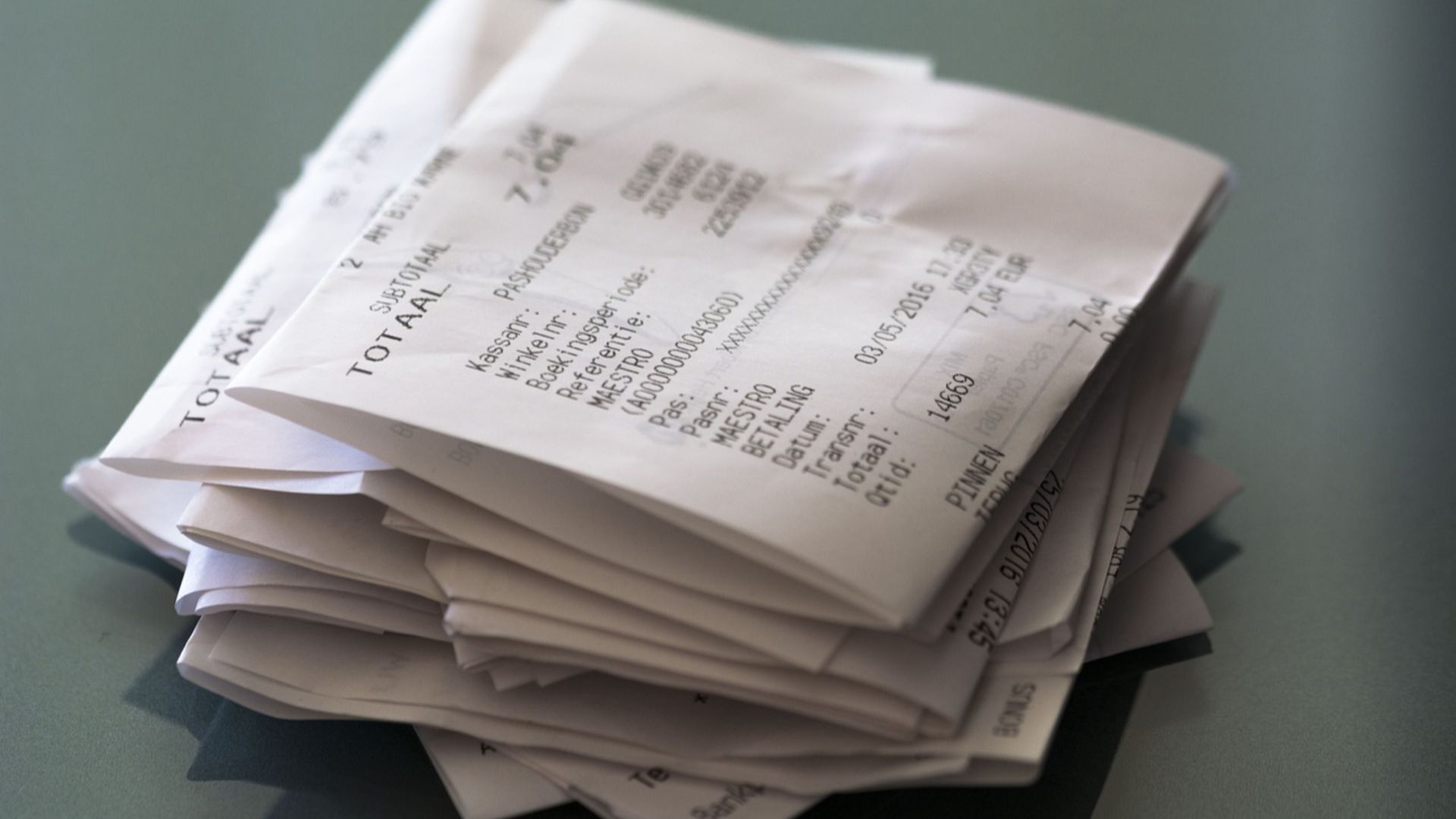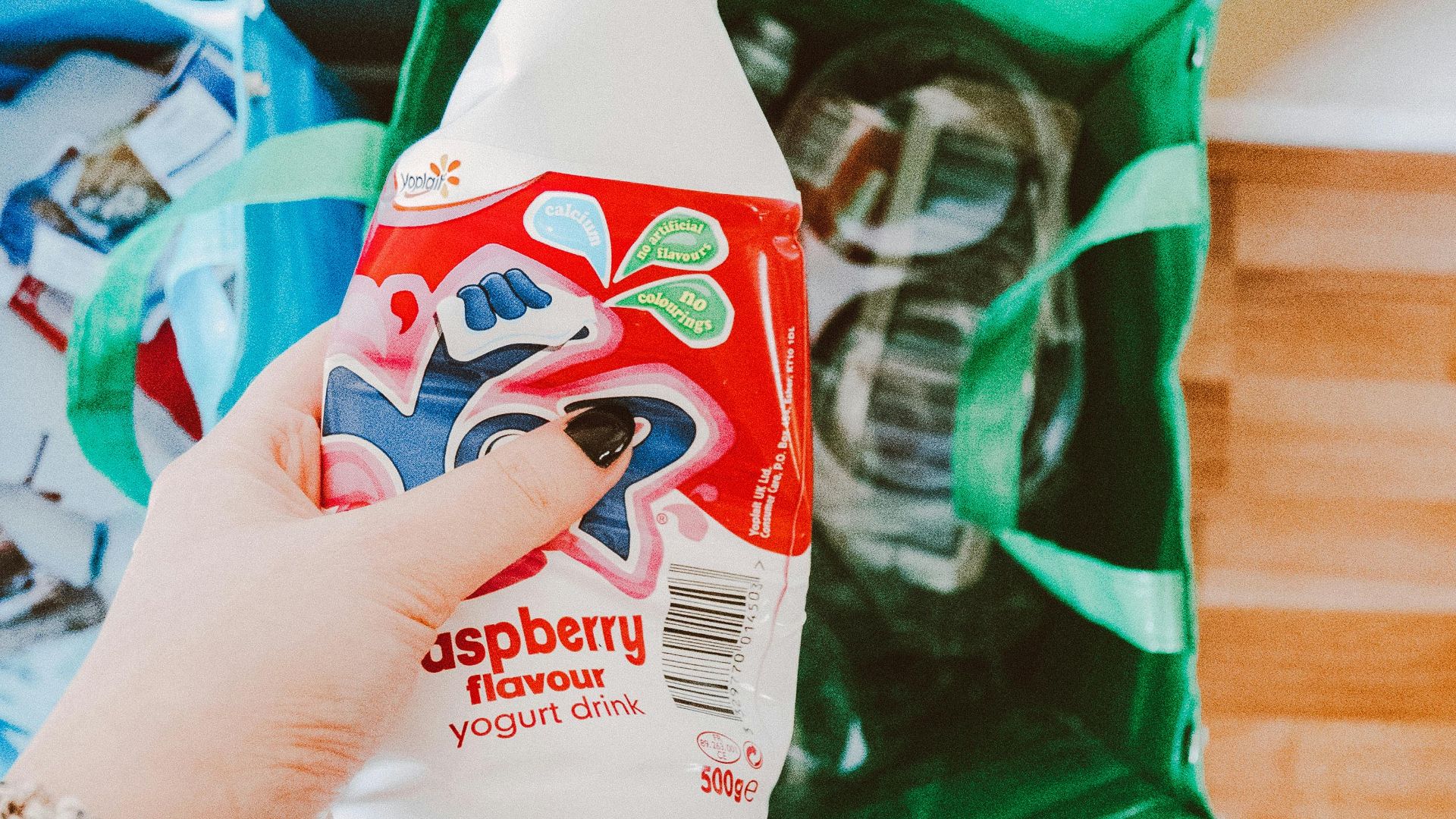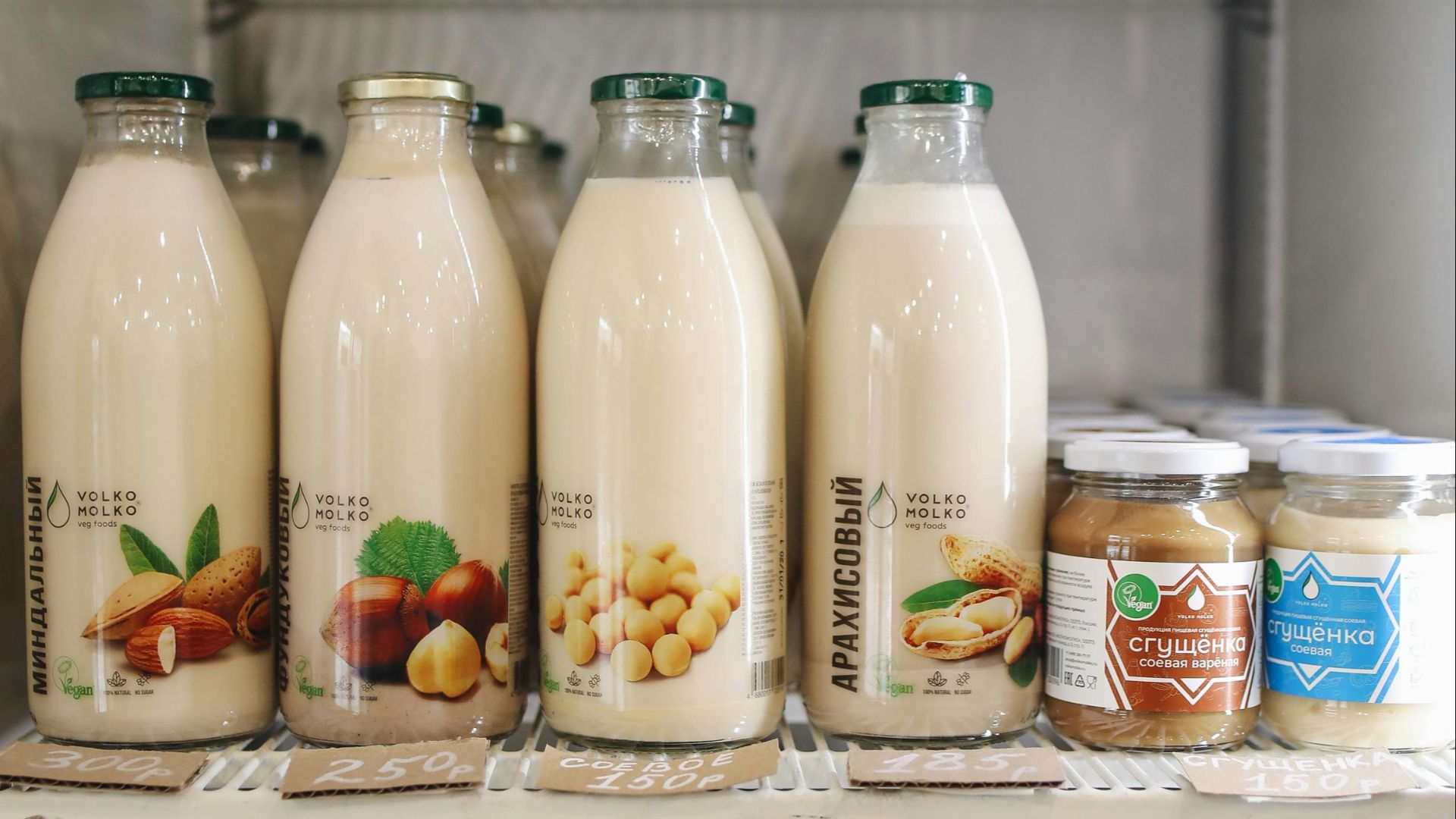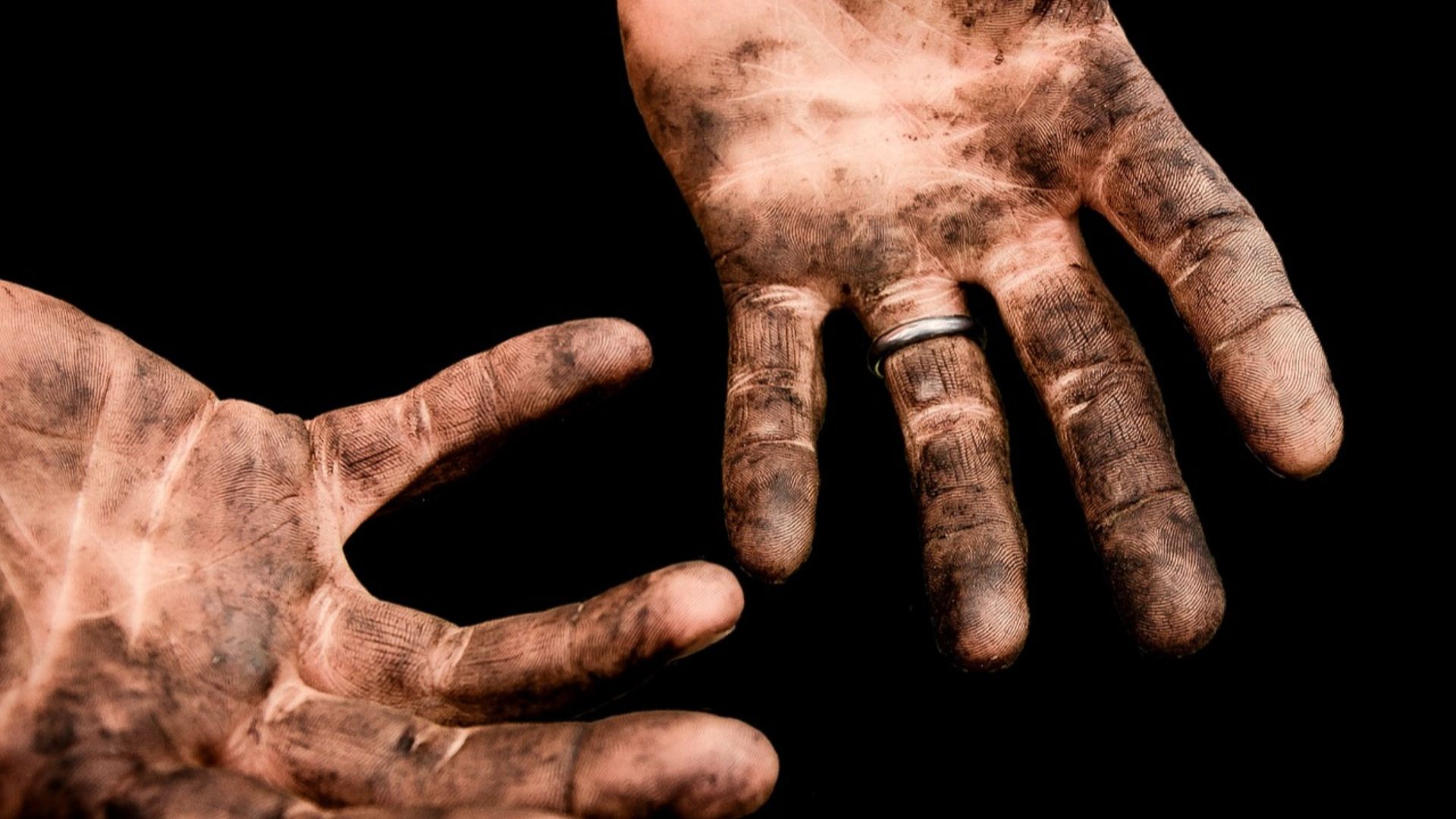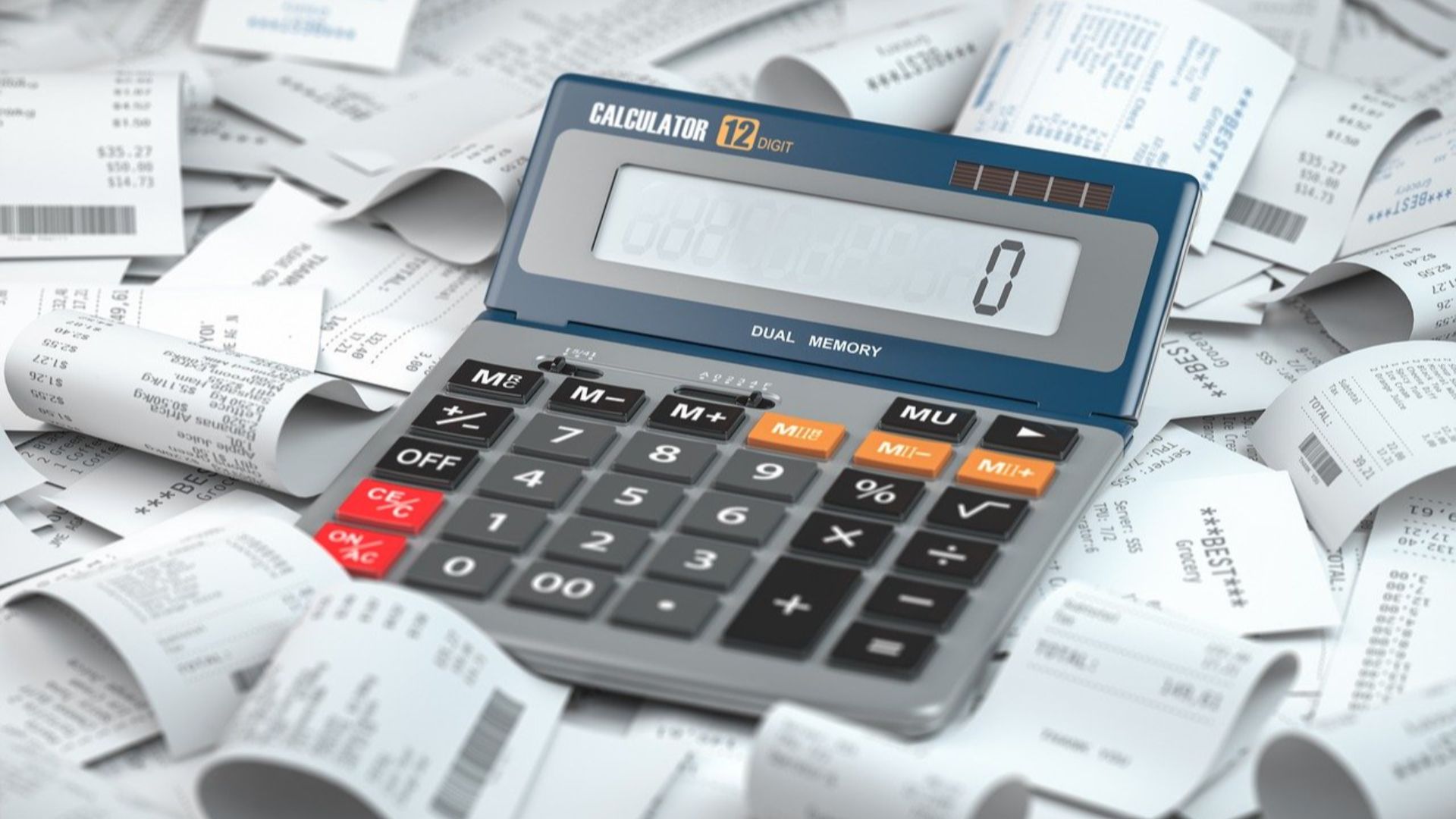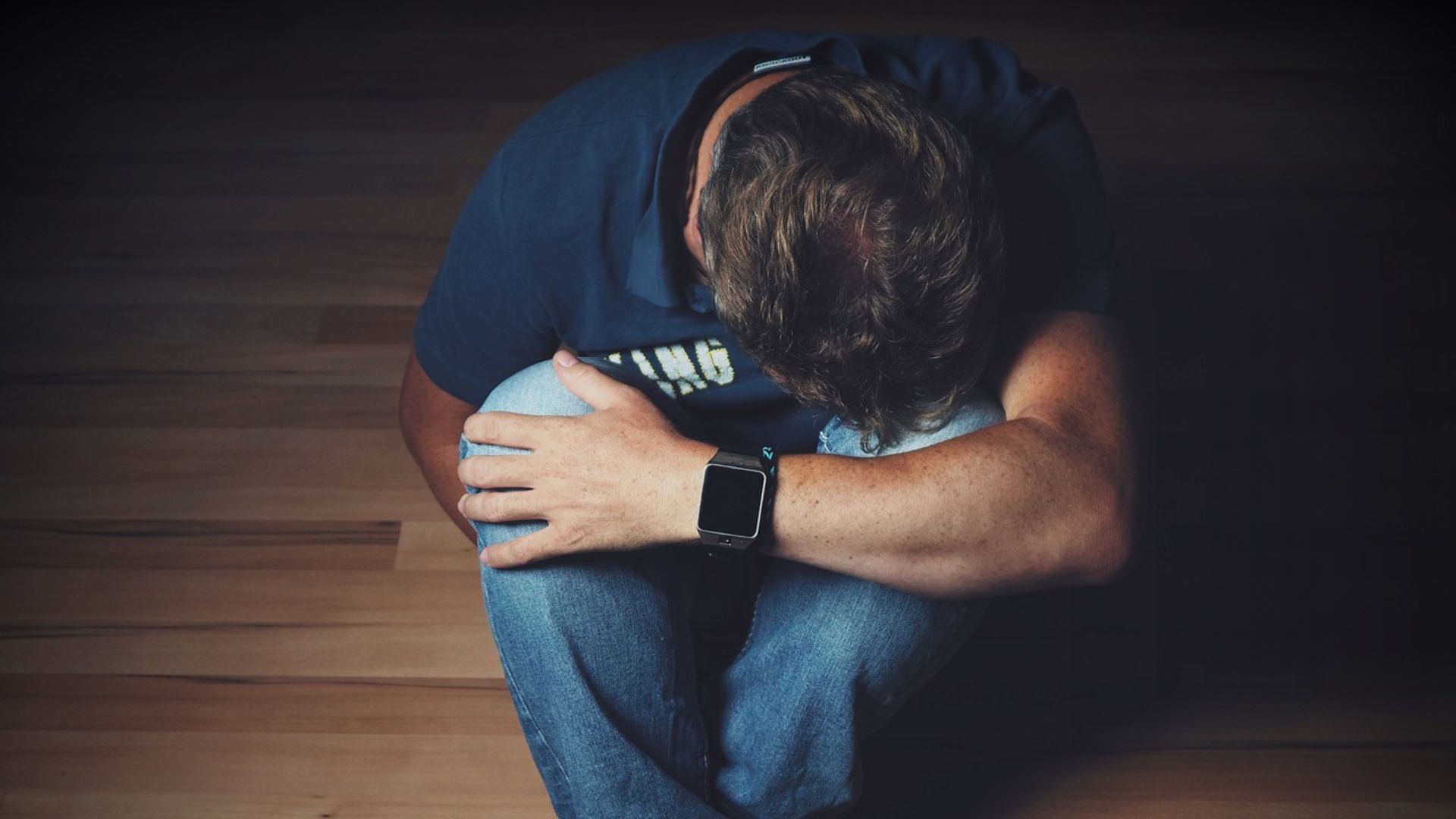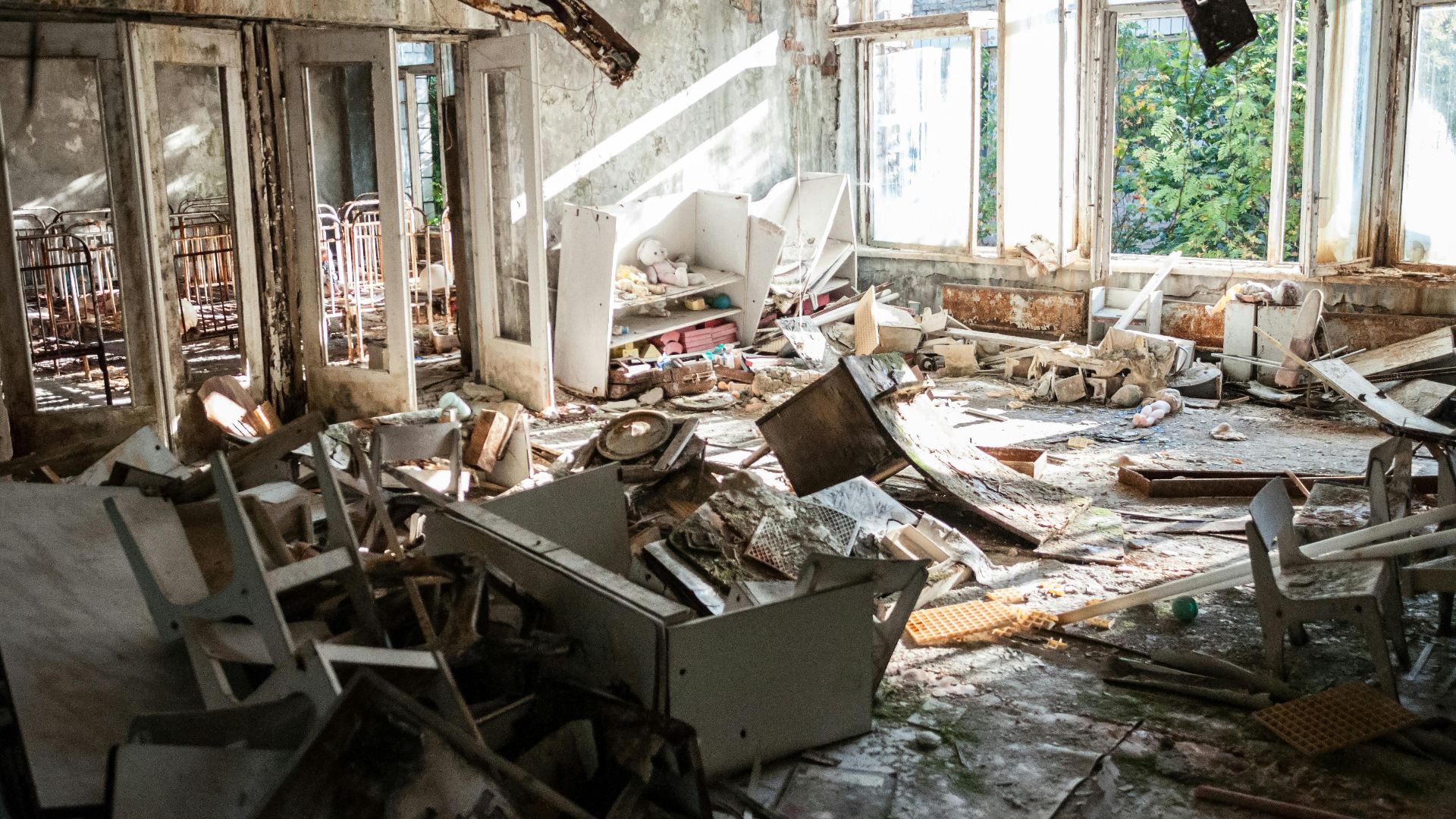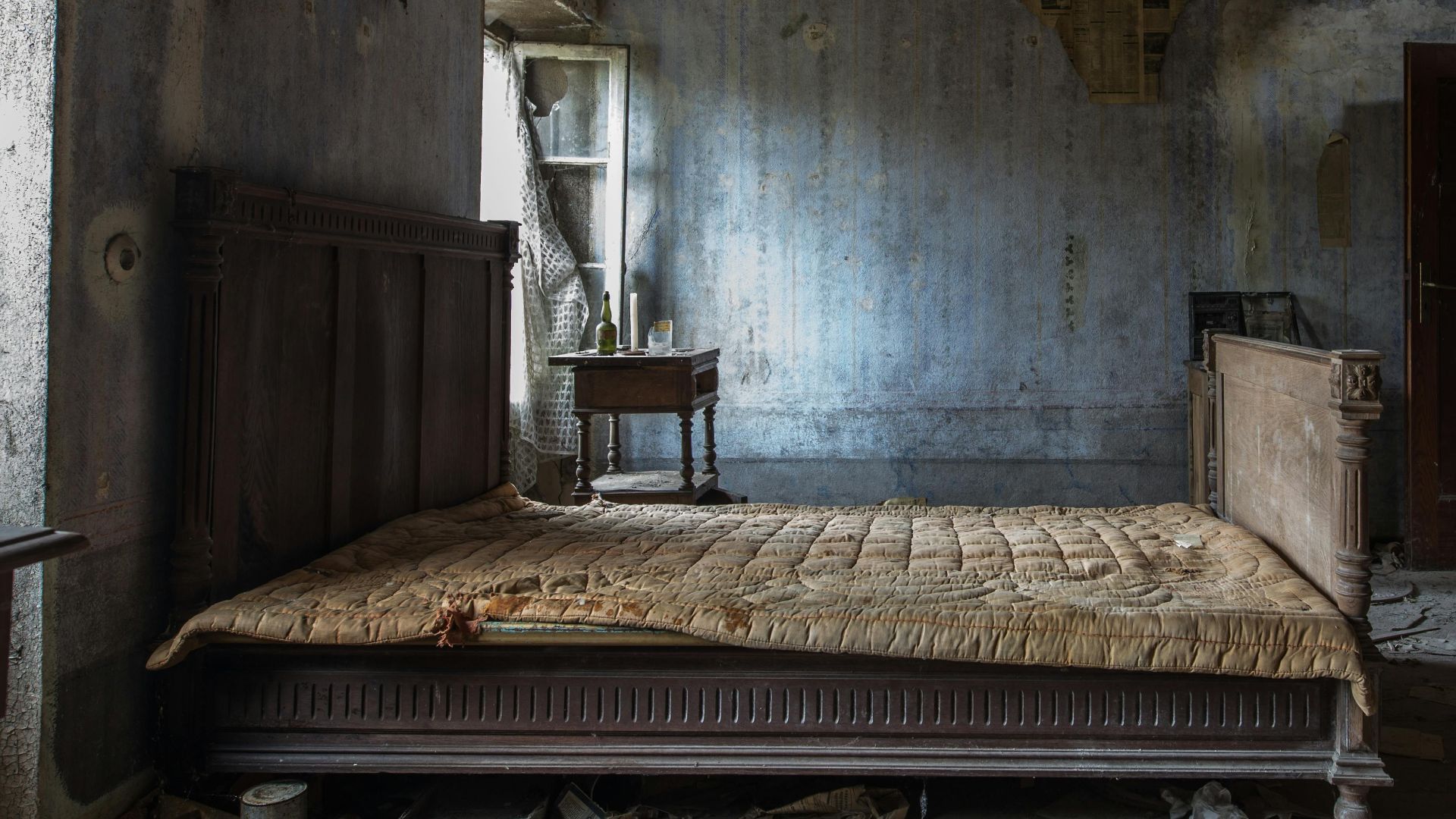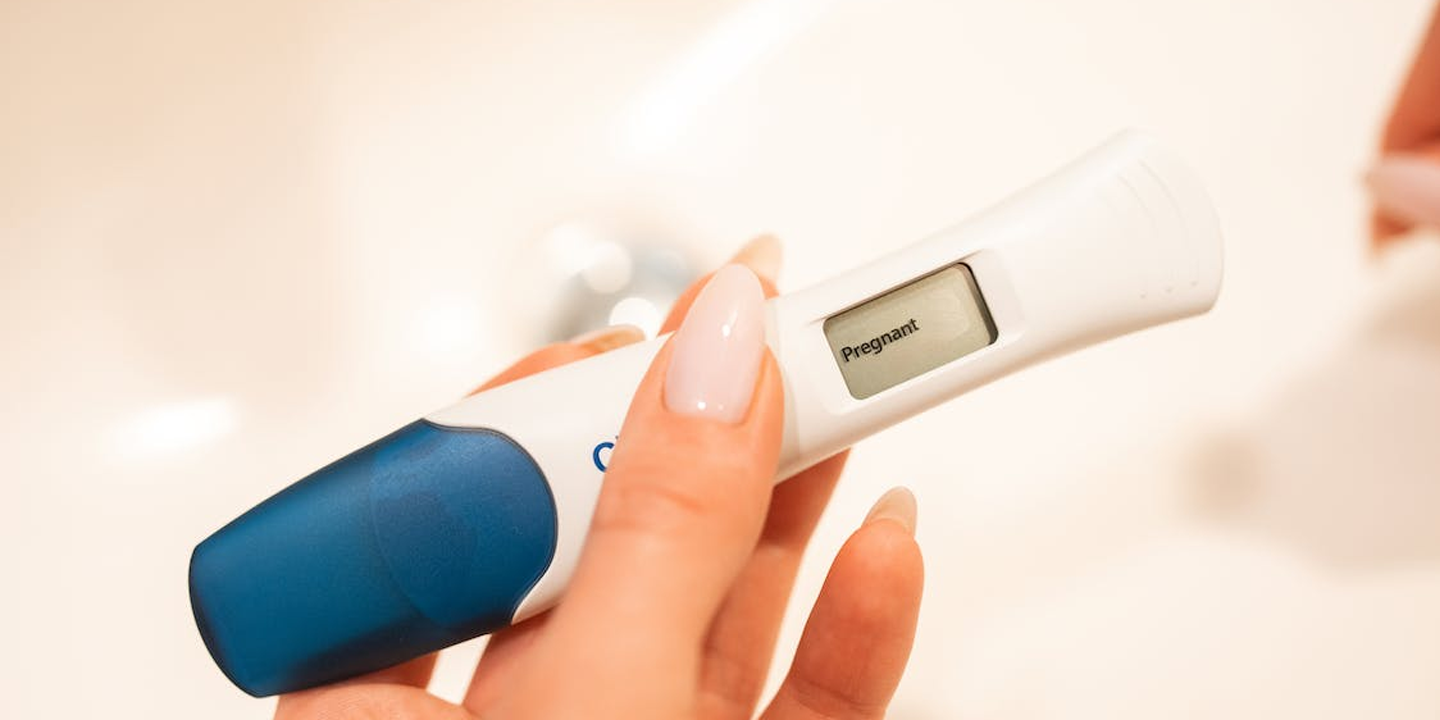Is Your Space Cluttered?
While it's natural to hold onto certain items for sentimental or practical reasons, it's not normal to keep every single item you've ever used. This might include old receipts, letters, candy wrappers, broken objects, torn clothing, expired food—the list goes on. When it gets to this point, it could indicate hoarding—a mental health condition where you struggle to part with items, leading to overwhelming clutter. If you're wondering whether this might apply to you, here are 20 unmistakable signs of hoarding disorder.
1. Cluttered Living Space
The first, most glaring sign of hoarding is a cluttered living space. This includes your work environment, your room, and other living areas. Do you have items stashed everywhere or stacked on top of each other? Maybe even items you forgot were there? If so, you may be a hoarder.
2. Disorganization
Are your items strewn about and everywhere, with no proper organization? Hoarders often misplace their keys, wallet, or other important items, and aren't sure where to look for them in the mess of the clutter built up in their home. Chronic disorganization may also impede punctuality.
3. Difficulty Parting with Items
Those with hoarding issues also struggle to part with items, even empty containers or wrappers. In fact, they don't want to ever part with them or toss things away. Just the mere mention of decluttering their space makes them upset to the point of anger.
4. Everything Has Sentimental Value
Most often, the reason hoarders have difficulty parting with items is because they find value in everything they own, from broken computers to old receipts. They feel that these items have sentimental worth to them and that they may need them in the future, so this strong attachment makes them unable to throw them out.
5. Compulsive Buying
Hoarders typically have a shopping addiction. They constantly buy things they don't immediately need, like clothes or groceries, and they feel like they can't stop. Sometimes, they may blame their compulsiveness on a good sale. Other times, they just have the itch to buy.
6. Extreme Distress When Others Visit or Touch Items
Hoarders don't like it when people visit their homes, because they don't like letting people into their sacred space or because they're embarrassed about its state. Moreover, they exhibit extreme distress when others touch their items and refuse to let anyone borrow them.
7. Withdrawing from Friends & Family
When you're constantly refusing people to visit your place, your relationships become strained. You may start to isolate yourself and withdraw from friends and family—and even more so when they make comments about cleaning your home.
8. Love to Talk About Your "Collection"
One key difference to note is that hoarding is different from collecting. A collection of items is typically very organized and acquired in intentional ways. They may be displayed in glass cases or passed on to others for monetary gains. Hoarding collections, on the other hand, are a disorganized array of items with no proper value. Even then, hoarders love to talk about the new items they found or added, such as newspaper clippings.
9. Anxiety About Needing Items in the Future
Hoarders are also constantly anxious about needing things in the future, which is why they refuse to part with items. An example may be an old paystub; even if they no longer work at that job, they think it might come in useful later or that it holds some emotional value.
10. Having More Than One Pet
Hoarding doesn't just have to do with items and inanimate objects—people may also hoard pets. This causes an unfortunate situation because those who hoard won't be able to give these animals the proper care they need and may force them to live in unsanitary conditions.
11. Get Defensive When Items Are Called "Junk"
Hoarders get extremely defensive not only when others touch the items in their collection, but when they refer to them as "junk." As mentioned, those who hoard find sentimental value in all the items they keep, so they don't like it when people refer to them as rubbish.
12. Needing Duplicates (or More) of the Same Item
More than just compulsive buying, hoarders love to purchase duplicates—or more—of the same item. This might mean they'll buy four jugs of milk or five boxes of cereal, even when they know it's impossible to finish them in time. This then leads to an overflowing fridge and overstocked cabinets.
13. Poor Hygiene & Self-Care
Those who have hoarding problems typically exhibit poor hygiene and self-care, because they either don't have the energy, or they don't have the space to get and stay clean. They may also feel like they don't need to shower or groom every day because they're influenced by the clutter in their environment.
14. Financial Problems
Over time, hoarders will run into financial problems. This might be due to their compulsive shopping habits or addictions, or because they're so often buying duplicates of the same thing. Their lack of organizational tendencies may also contribute to an inability to keep track of bills and expenses.
15. Wary of Others Who Try to Help
Even when others are genuinely trying to help in a respectful way, hoarders don't appreciate the offer. They're wary of others and their intentions, thinking that they'll likely ask to throw everything out. It's better to reach out to a professional for tips on how to broach the idea.
16. Have Other Mental Health Problems
Oftentimes, hoarders are also dealing with other mental health conditions, like depression, anxiety, schizophrenia, or obsessive-compulsive disorder, among others. Sometimes, hoarding can indicate other, deeper issues, such as experiencing neglect during childhood or having a family history of hoarding.
17. Unsanitary Items & Spaces
With poor hygiene comes unsanitary living conditions. This could mean an overflowing sink of dirty dishes, expired food in cabinets and refrigerators, a build-up of trash, or messes and stains that have yet to be cleaned up. When hoarders live in these unkempt spaces, it's bad for their health and well-being as well as all those who live with them.
18. Difficulty Making Decisions
Hoarders also have difficulty making decisions, especially when it comes to getting rid of items. The thought causes too much emotional distress for them, so they often just avoid doing it altogether. Poor decision-making may also be due to other mental health conditions.
19. In Denial
Hoarders are often in denial of their growing problem. When confronted by others, they'll either be extremely defensive or simply refuse to accept the fact that they have an issue at all. Most of the time, it's because they don't even realize they're hoarding or that their behavior and habits indicate hoarding.
20. Struggle with Everyday Tasks
For hoarders, daily tasks like cooking, cleaning, showering, and sleeping become increasingly difficult to do or keep up with. The space around them gets piled up with so many items that it's impossible to move around, leading to fire, health, or safety hazards.



